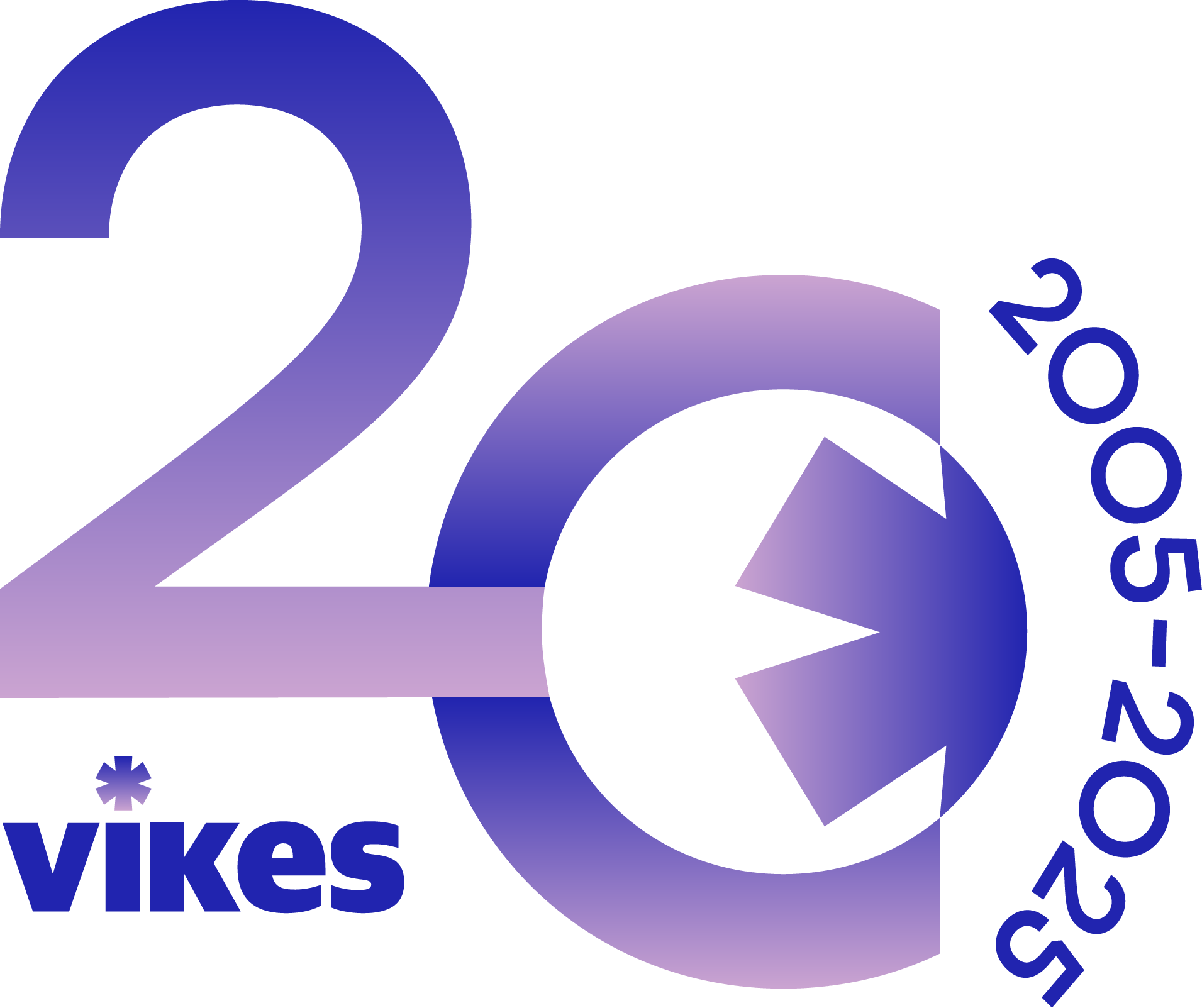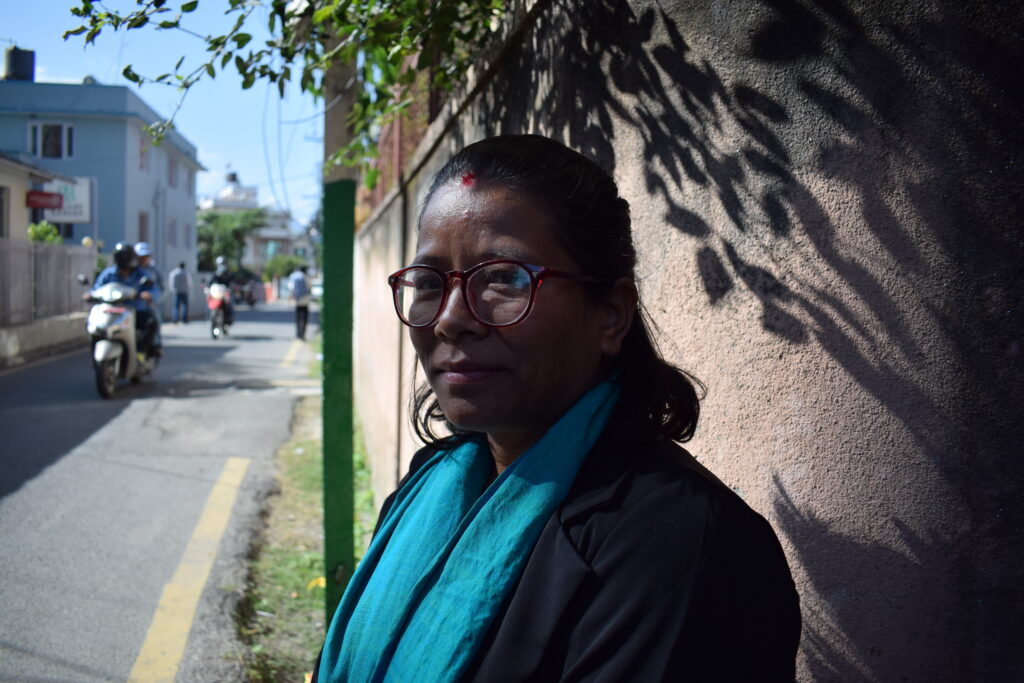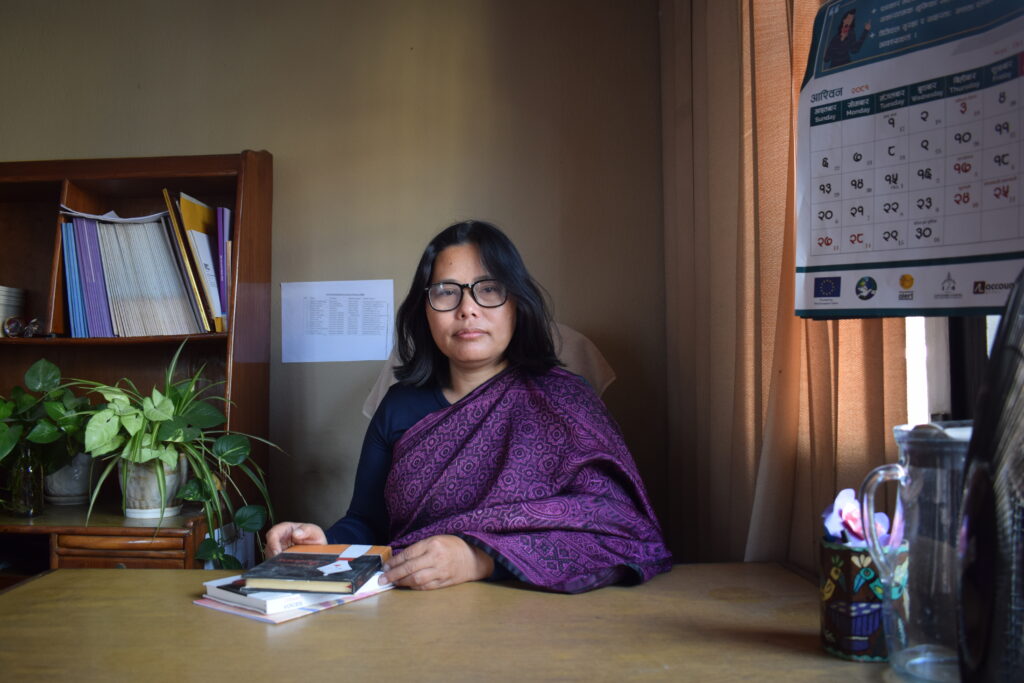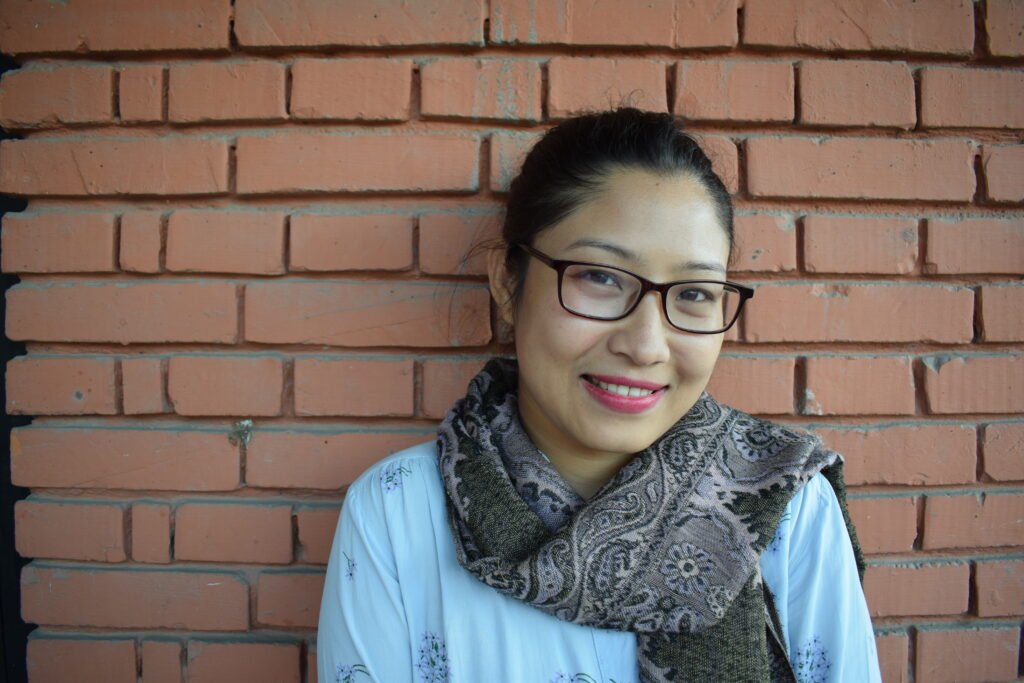Attitudes are changing, but change is still happening. Vikes’ partners talk in a series of videos on equality in the media.
“Most women start their careers in radio, presenting the news and doing talk shows and entertainment programmes,” says Kiran Nepal in a video interview produced by Vikesin together with Nepali, Kenyan and Tanzanian women journalists.
“Now the situation is changing. There are more and more women journalists in online, TV and print media.”
Kiran Nepal is the editor-in-chief of the Centre for Investigative Journalism (CIJ), Vikes’ Nepalese partner. He was previously the editor-in-chief of the magazine Himal Khabar Patrika, and he always tried to give women different opportunities.
“Politics, economics and sport. I loved giving political news to women.”
He believes that media houses should make conscious structural changes to have women to join them, both as journalists and as sources.
“If you feel that men are more flexible than women in giving interviews, then maybe you need to make yourself more flexible,” says Nepal.
Attitudes need to change in Tanzania
Sylvia Daulinge, Project Worker at Tamwa, the Tanzanian Media Women’s Association says that in Tanzania, the low status of women and their visibility in the media goes back to history. The role of women has been to remain silent and not participate in issues.
“In the public debate, it is mostly men who lead the debate,” says Daulinge.
The media is mostly owned and run by men, and this, according to Daulinge, affects the way women are portrayed in the media.
The video also features Amina Juma Mohammed, a market vendor, who says there are two sides to the problem: women’s lack of self-confidence and male dominance.
“Women are not seen as valuable, and it is not thought that a woman can give advice to men,” she says.
A change of mindset is needed, and Mohammed is hopeful that it will succeed, as Tanzania is now led by its first female president, Samia Suluhu Hassan.
Women are increasingly represented in the media in Tanzania too. News reporter Glory Mbwilo says women have found that the few female journalists have done well in the media industry.
“They see that it is possible,” Mbwilo says, “and we are doing well in the media.”
Vikes supports media equality in Nepal and Tanzania as part of its development programme. Read more about the role of women in the media.
Video working group: Miriam Jomo (Kenya), Hilda Phoya (Tanzania), Mackriner Siyovelwa (Tanzania) and Binu Subedi (Nepal).
Video: Sauti TV



